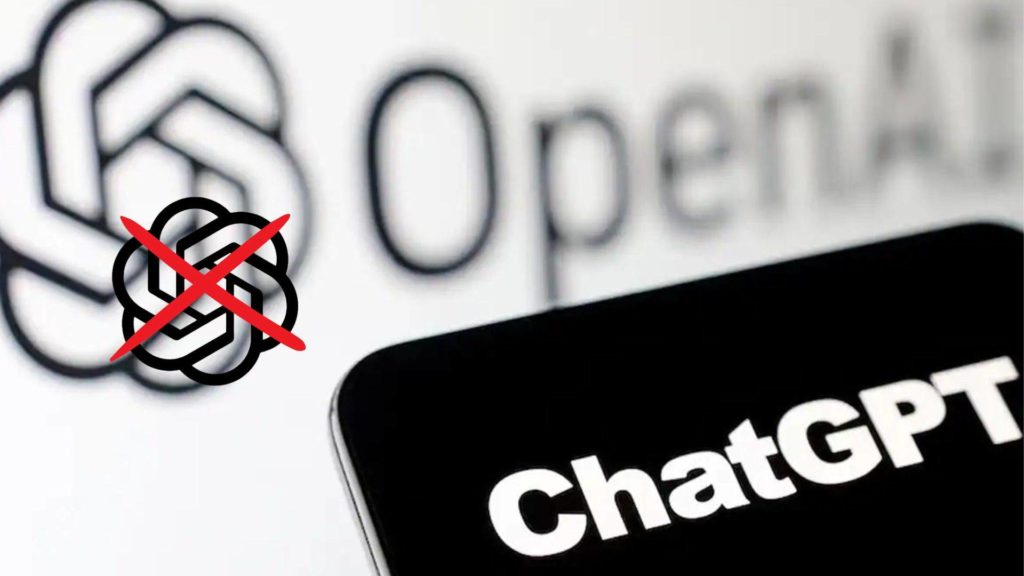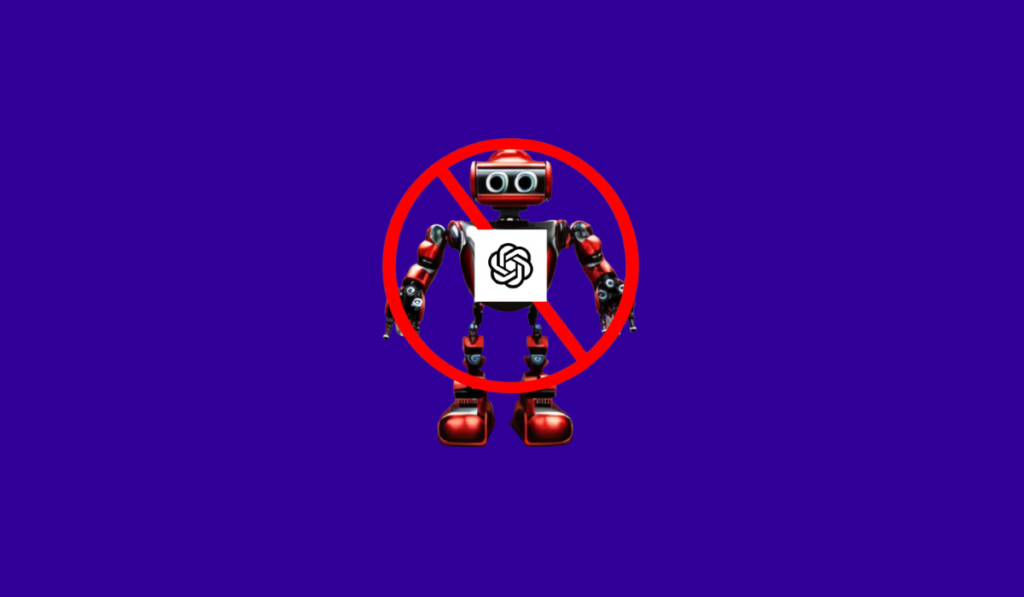ChatGPT is a widely used AI chatbot developed by OpenAI, offering various creative, work-related, and entertainment applications. However, there are instances where you might get blocked from using ChatGPT. Understanding the reasons behind such blocks can help you avoid them and ensure a smooth experience with the chatbot.
In this article, we shall see the main reasons why your account got banned or suspended and some of the ways to mitigate the risk of being banned. Here are three main reasons why you might get blocked on ChatGPT:
Related: Code Interpreter in ChatGPT: Use Cases and Quick Start Guide
1. Too Many Login Attempts
One of the most common reasons for getting blocked on ChatGPT is making multiple consecutive login attempts with incorrect credentials, such as the wrong password or username. This situation can occur when you forget your login details or if someone unauthorized tries to access your account.
When this happens, you might receive a message stating, “Your account has been blocked after multiple consecutive login attempts.” Fortunately, this block is usually temporary, and you can fix it by waiting for a certain period, typically a few hours, before attempting to log in again. Resetting the password is also an option to resolve the issue.
2. Presence of VPN or Proxy Connection
Another reason for getting blocked on ChatGPT is if the AI website detects the presence of a VPN (Virtual Private Network) connection. While VPNs are commonly used for various reasons, many websites and applications block them as they allow users to bypass location restrictions.
If you encounter the “Sorry, You have been blocked” error message on ChatGPT, it could be due to the presence of a VPN connection. Disabling the VPN, switching to a different browser, or using the browser’s Incognito mode can potentially resolve this issue.
Related: Top 5 Sites to Find New AI Apps and ChatGPT Tools
3. Suspicious Activity or Misuse
ChatGPT might block users’ accounts if it detects suspicious activity or misuse. This can happen if you engage in inappropriate behavior, spamming, or using the chatbot for illegal activities. OpenAI has implemented measures to prevent misuse, abuse, or spamming by blocking accounts that violate their usage policies. If you are blocked due to suspicious activity, you can try appealing the block through OpenAI’s help center to resolve the issue.

It’s essential to note that the specific reasons for getting blocked on ChatGPT may vary depending on the circumstances. OpenAI continuously evaluates and improves its systems to ensure a safe and reliable experience for all users. If you encounter any issues or believe you were blocked by mistake, contacting OpenAI’s support through their help center is recommended.
Other Reasons
I must admit that several other reasons could lead to your account being banned or temporarily suspended. Nevertheless, if Open AI has not blocked your IP, you can always create a new account or try other ChatGPT alternatives or bots implementing the API.
Other reasons could be;
- Having multiple devices signed into one account
- Too Many Instructions In a Single Prompt
- Adult content
- Hate speech and harassment
- Country or Service Provider Specific Ban
Read more about Open AI rules and violation policy.
Wrapping Up!
Overall, by being mindful of login attempts, avoiding the use of VPNs or proxy connections, and using ChatGPT responsibly, you can minimize the chances of getting blocked and ensure a positive experience with the AI chatbot. Have you ever been flagged for content violation on ChatGPT? Do let us know in the comment section if this article has also helped you in any way and subscribe for related content.
Discover more from Dignited
Subscribe to get the latest posts sent to your email.












